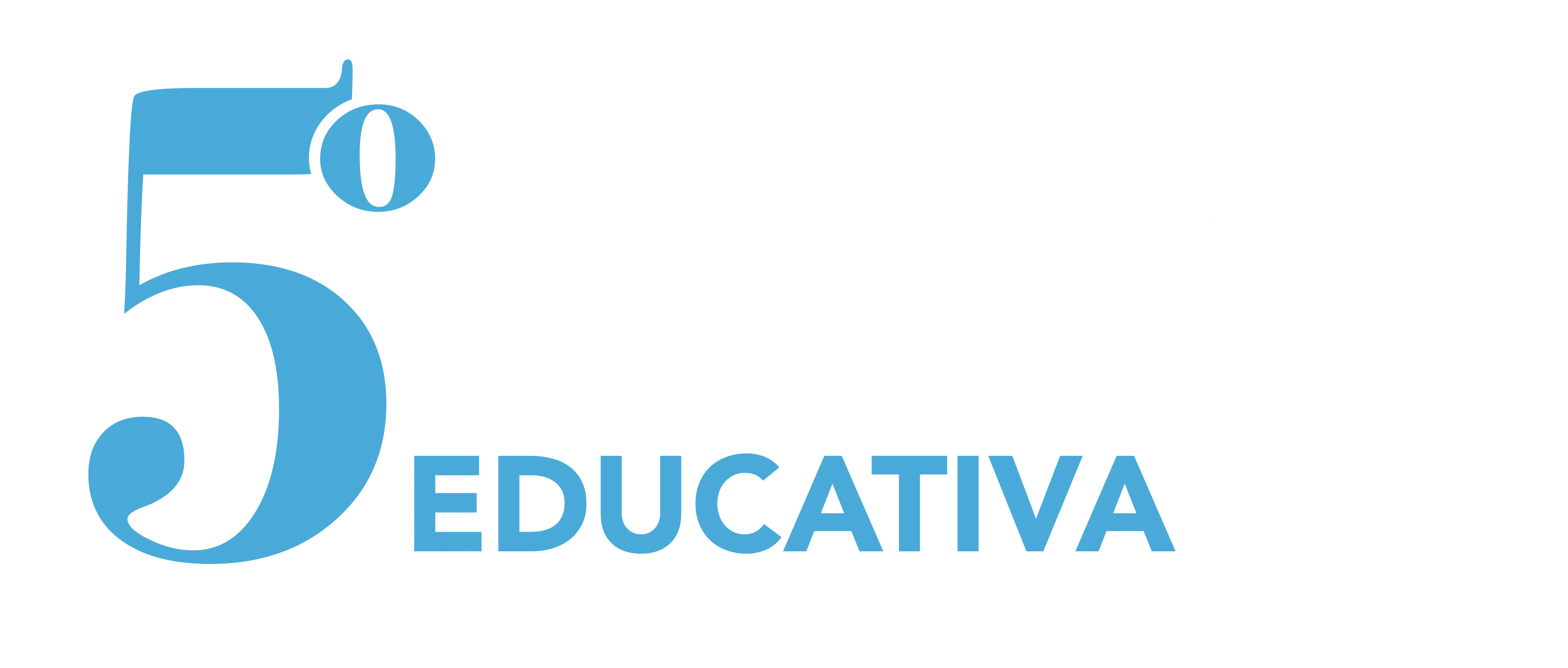¿Qué valoraciones tienen los futuros profesores sobre la investigación educativa? Validación del cuestionario de actitudes de investigación en Educación Vocacional
Descargas
Resumen
La presente investigación tiene como objetivo traducir al castellano y validar el cuestionario de actitudes de investigación en Educación
Vocacional construido y aplicado en el contexto neerlandés por la autora Didi Griffioen (2018) para su aplicación en el contexto iberoamericano. Para ello, se realizó un estudio psicométrico de la escala de actitudes mencionada, la cual mide la actitud investigadora en la formación profesional, las actividades de investigación delos estudiantes y su contexto de investigación.
El estudio psicométrico estuvo conformado por 6 fases. Los resultados muestran que la escala tiene una alta consistencia interna, con un alfa de Cronbach de 0.93. En cuanto a la fiabilidad de cada una de las 3 subescalas, oscilan entre α=0,92 y α=0,86, siendo también muy alta. Estos valores nos permiten concluir que la traducción y validación de la escala al castellano lo convierten en una herramienta válida y fiable para medir la actitud de los futuros docentes hacia la investigación educativa, esencial para lograr cambiar y mejorar el ámbito educativo.
Palabras clave
investigación educativa, escala de actitudes, formación del profesorado
Publicado
Número
Sección
Cómo citar
Licencia

Esta obra está bajo una licencia internacional Creative Commons Atribución-NoComercial-SinDerivadas 4.0.
Métricas
Citas
Anwaruddin, S., & Pervin, N. (2015). English-language teachers' engagement with research: Findings from Bangladesh. Professional Development in Education, 41(1), 21-39. doi: 10.1080/19415257.2013.861860
Barkhuizen, G., Burns, A., Dikilitaş, K., & Wyatt, M. (2018). Empowering teacher-researchers, empowering learners. Faversham, England: IATEFL.
Cain, T., & Allan, D. (2017). The invisible impact of educational research. Oxford Review of Education, 43(6), 718-732.
doi:10.1080/03054985.2017.1316252
Cochran-Smith, M., & Lytle, S. (2009). Teacher research as stance. En S. Noffke y B. Somekh (Eds.). Handbook of educational action research (pp. 39-49). London: SAGE.
Cordingley, P. (2003). What role can CPD play in supporting the needs and priorities of future teachers? Management in Education, 17(3), 6-11.
Damşa, C. (2018). Research and Development Tasks in Teacher Education: Institutional Framing and Student Experiences. En Reconfiguring Knowledge in Higher Education (pp. 149-167). Cham: Springer.
Darling-Hammond, L., & McLaughlin, M. (1999). Investing in teaching as a learning profession: Policy problems and prospects. En L. Darling- Hammond & G. Sykes (Ed.).Teaching as the learning profession: Handbook of policy and practice (pp. 376-411). San Francisco: Jossey- Bass.
Elliott, J. (2004). Multimethod approaches in educational research. International Journal of Disability, Development and Education, 51(2), 135-149. doi:10.1080/10349120410001687364
Gore, J., & Gitlin, A. (2004). [Re]Visioning the academic-teacher divide: Power and knowledge in the educational community. Teachers and Teaching, 10(1), 35-58. doi:10.1080/13540600320000170918
Griffioen, D. (2018). The influence of undergraduate students' research attitudes on their intentions for research usage in their future professional practice. Innovations in Education and Teaching International, 56(2), 162-172. doi:10.1080/14703297.2018.1425152
Griffioen, D., Groen, A., & Nak, J. (2019). The Integration of Research in the Higher Education Curriculum: A Systematic Review. The Higher Education Journal of Learning and Teaching, 10(1). doi: 10.24384/vhs6-1j85
Haberfellner, C., & Fenzl, T. (2017). The utility value of research evidence for educational practice from the perspective of preservice student teachers in Austria-A qualitative exploratory study. Journal for Educational Research Online, 9(2), 69-87.
Perines, H., & Murillo, F. (2017). ¿Cómo mejorar la investigación educativa? Sugerencias de los docentes. Revista de la Educación Superior, 46(181), 89-104. doi: 10.1016/j.resu.2016.11.003
Perines, H. (2018). ¿Por qué la investigación educativa no impacta en la práctica docente? Estudios sobre Educación, 34, 9-27. doi: 10.15581/004.34.9-27
Ponte, P., Ax, J., Beijaard, D., & Wubbels, T. (2004). Teachers' development of professional knowledge through action research and the facilitation of this by teacher educators. Teaching and Teacher Education, 20(6), 571-588. doi:10.1016/j.tate.2004.06.003 van der Linden, W.
Bakx, A., Ros, A., Beijaard, D., & Vermeulen, M. (2012). Student teachers' development of a positive attitude towards research and research knowledge and skills. European Journal of Teacher Education, 35(4), 401-419.
Zeichner, K., & Noffke, S. (2001). Practitioner research. En V. Richardson (Ed.). Handbook of research on teaching (4th Ed.) (pp. 298-330). Washington D.C: American Educational Research Association.

